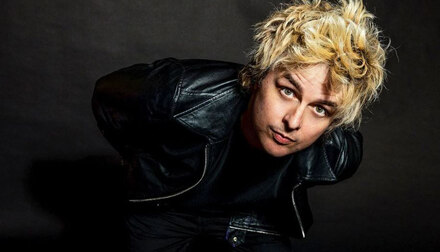In this instance, the actor is 46-year old Sam Worthington, an Aussie who starred in the first Avatar movie and again in the sequel, now on a Big Screen near you. He’s looking back on his own history of active drinking, from a vantagepoint of eight years of successful sobriety.
Some comments on the interview in Variety:
First, like so many others, he goes to great lengths to insist that the people he worked with during that period – presumably on different movie and TV sets – were never aware of his problem. I’m skeptical. That sounds like wishful thinking. He admits that some of them must have detected the smell of alcohol, and that his performances as an actor were, frankly, subpar. To me, that translates as ‘noticeable’. I’d be surprised if at least a few of his colleagues hadn’t been aware of his growing difficulties. But simply decided to keep their mouths shut.
Why? Probably the usual reasons. Perhaps they didn’t want to make a scene, or to offend him, or provoke an angry response. Maybe they just thought it was none of their damn business, so long as he showed up on time and didn’t embarrass everyone. They just let it ride. That’s the kind of accommodation people make all the time in response to evidence of someone else’s alcohol problem.
Pretend not to notice. It’s the path of least resistance.
Something else Worthington takes pains to emphasize: Australia’s well-known drink-friendly culture. “In Australia it’s ingrained in the society,” he claims. “…You don’t recognize it’s an illness, and you don’t understand that some people are just wired differently.” Also, he might have been working overtime to conceal it from others. Something that becomes more of a challenge as time passes and control erodes.
At one point, the interviewer asks him if he was a ‘mean drunk’. Tricky question. His answer: “I got more emotional and erratic the longer I drank. I don’t think I was mean, exactly, but I could be belligerent, petulant…” In other words, mean. A hard thing to admit, I know. We don’t like to see ourselves that way.
The late James Milam used the term emotional augmentation to describe how the drinker’s emotional responses could be enhanced by the effects not just of intoxication but of alcohol withdrawal— in a way that goes unrecognized at the time by the drinker himself. An irritated nervous system that makes the drinker hypersensitive to ordinary stress, quick to lash out or to overreact to relatively minor problems – only to feel ashamed, later on.
Of course, the immediate remedy for withdrawal-induced nervous stress is to have another drink. And that’s usually what follows. The drinker concludes that somehow their life is more stressful than other people’s, in need of continuous self-medication.
“You’d drink too, if you had my worries,” goes a familiar complaint.
It’s a classic vicious circle. One that can continue for years before it’s finally interrupted by sobriety. Or something worse.













